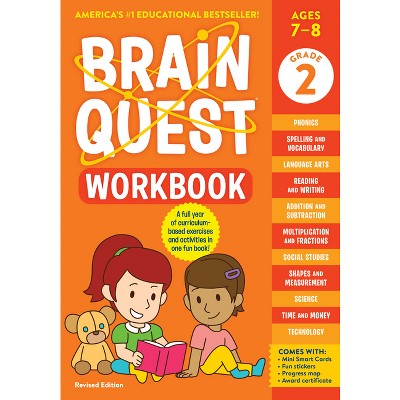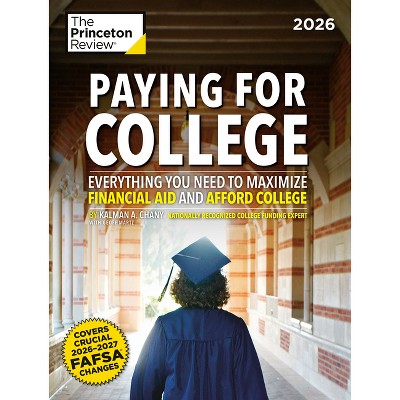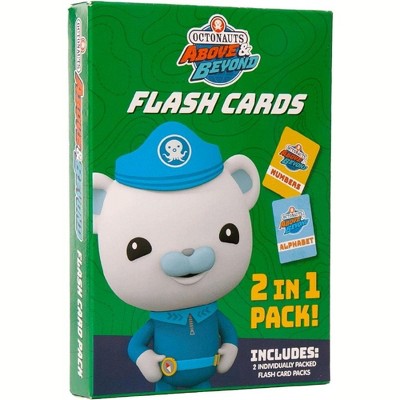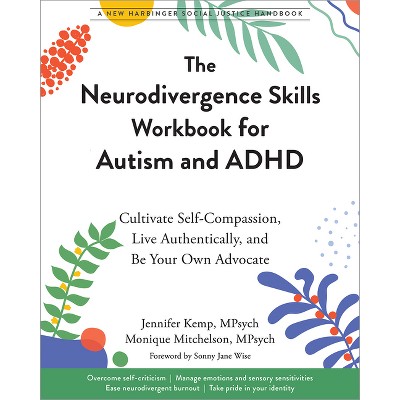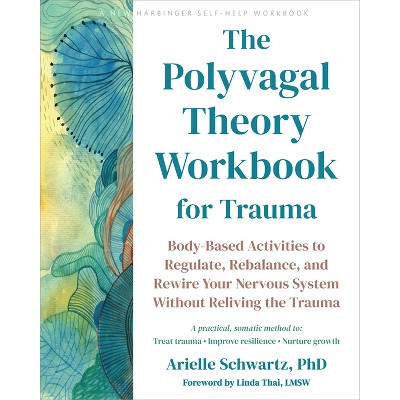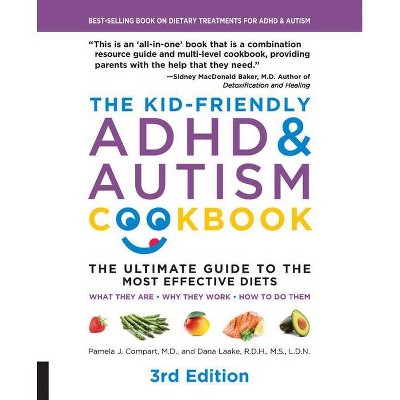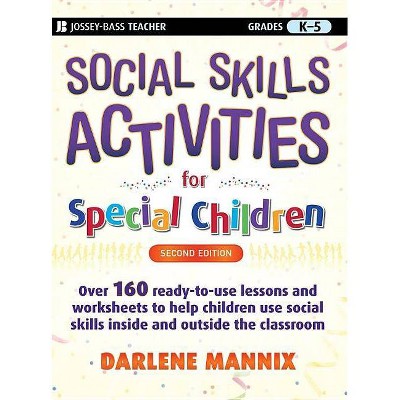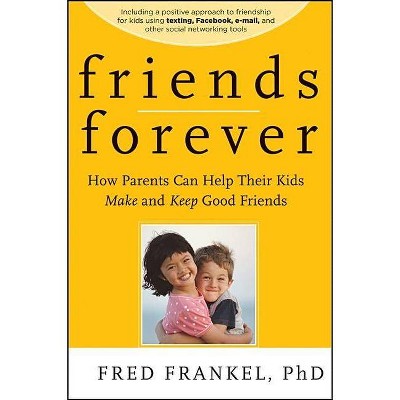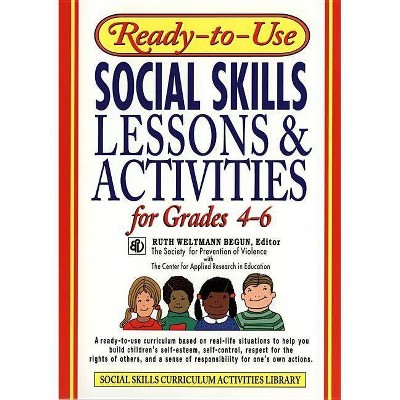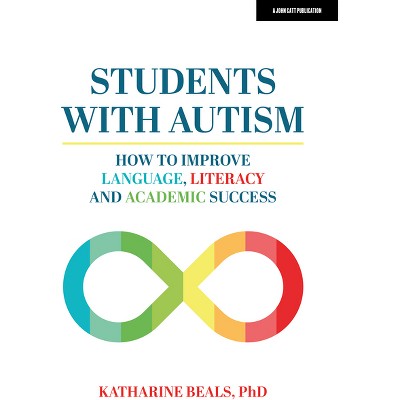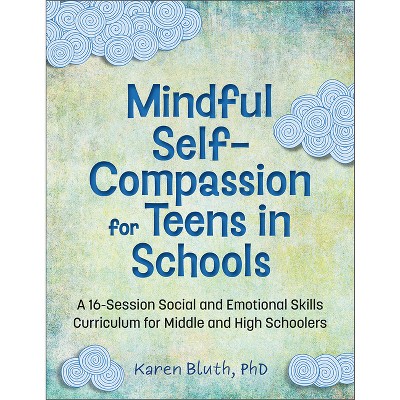Sponsored

Social Skills Success for Students with Autism / Asperger's - by Fred Frankel & Jeffrey J Wood (Paperback)
In Stock
Sponsored
About this item
Highlights
- The only evidence-based program available for teaching social skills to adolescents with autism spectrum disorders Two nationally known experts in friendship formation and anxiety management address the social challenges faced by adolescents with autism spectrum disorders (ASD).
- About the Author: Fred Frankel, Ph.D., is a professor of Psychiatry and Biobehavioral Sciences at University of California, Los Angeles (UCLA) and the director of the UCLA Parent Training and Children's Friendship Programs.
- 256 Pages
- Education, Special Education
Description
Book Synopsis
The only evidence-based program available for teaching social skills to adolescents with autism spectrum disordersTwo nationally known experts in friendship formation and anxiety management address the social challenges faced by adolescents with autism spectrum disorders (ASD). The book helps educators instruct youth on conversing with others, displaying appropriate body language, managing anxiety, initiating and participating in get-togethers, and more. The book is filled with helpful information on ASD to aid teachers who have received little training on the topic. Extremely practical, the book includes lesson plans, checklists, and sidebars with helpful advice.
- Based on UCLA's acclaimed PEERS program, the only evidence-based approach to teaching social skills to adolescents with ASD
- Contains best practices for working with parents, which is the key to helping kids learn social skills
- The authors discuss the pros and cons of teaching students with ASD in educational settings like full inclusion (good for academics but bad for social skills) and pull-out special day classes (where the reverse is true)
Provides a much-needed book for teachers at all levels for helping students develop the skills they need to be successful.
From the Back Cover
Written by Fred Frankel and Jeffrey Wood, two nationally known experts in friendship formation and anxiety management, this book draws from the only evidence-based program addressing the social challenges faced by adolescents with autism spectrum disorders (ASD). This valuable resource shows how to teach social etiquette as a series of simple rules to follow. Using this approach, teachers can offer adolescents with ASD an easy way to understand how to fit in with peers, based on social context. The book also contains best practices for working with parents--the key to helping kids learn social skills.Frankel and Wood offer down-to-earth suggestions designed for teaching youth on the spectrum how to converse with others, display appropriate body language, manage anxiety, initiate and participate in get-togethers, and more. They also discuss the pros and cons of teaching students with ASD in educational settings like full inclusion (good for academics but bad for social skills) and pull-out special day classes (where the reverse is true).
Social Skills Success for Students with Autism/Asperger's is filled with practical information on ASD to aid teachers who have received little training on the topic and contains classroom-tested lesson plans, checklists, and sidebars offering helpful advice.
About the Author
Fred Frankel, Ph.D., is a professor of Psychiatry and Biobehavioral Sciences at University of California, Los Angeles (UCLA) and the director of the UCLA Parent Training and Children's Friendship Programs. A coauthor of UCLA's acclaimed PEERS social skills training program and the author of Friends Forever: How Parents Can Help Their Kids Make and Keep Good Friends, he speaks regularly on the topic of autism and social skills to professionals and parents alike. More information is available at http: //www.semel.ucla.edu/socialskills.Jeffrey J. Wood, Ph.D., is an associate professor of Education and Psychiatry and Biobehavioral Sciences at UCLA, and is a licensed clinical psychologist. He is the coauthor of Child Anxiety Disorders and is researching cognitive-behavioral interventions for students with autism and Asperger's syndrome, childhood anxiety, and the development of children's close friendships.
